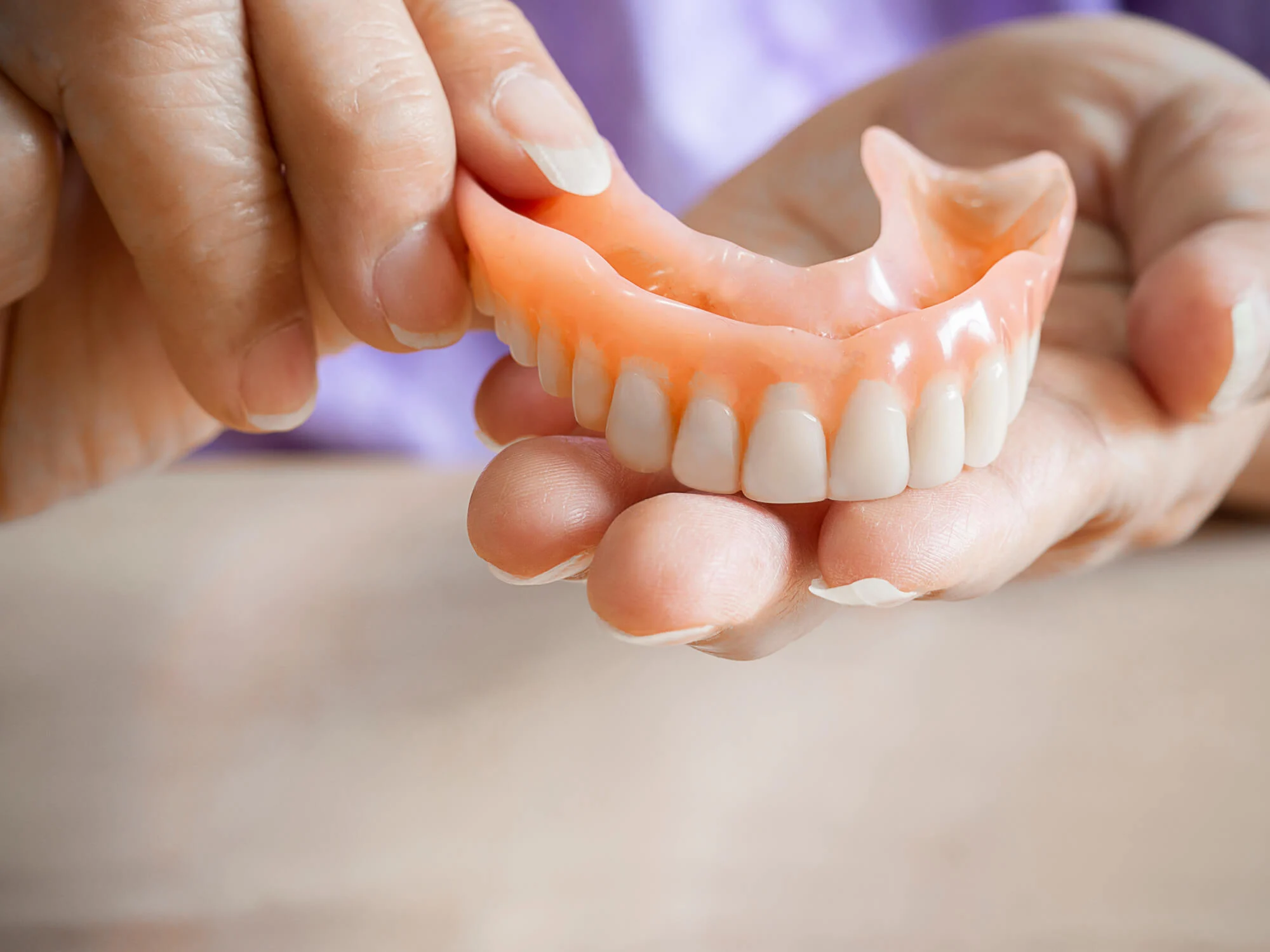
Adjusting to dentures varies from person to person. Many people report a sense of bulkiness after first wearing dentures. This is especially common with full upper plates. The acrylic base may feel intrusive against the soft palate. Lower dentures may shift due to tongue movement. Patients often notice minor pressure around gums and cheeks. The new appliance alters sensations during eating and speaking. It’s a physical and psychological adjustment requiring patience.
Muscles around the mouth need time to adapt to the new shape
The oral muscles must relearn movement patterns. Muscles around the mouth need time to adapt to the new shape. Cheeks and tongue often fight the denture initially. They push against it involuntarily, causing slippage. This is not a design flaw but a motor response. Over several days, the body reduces this reaction. Repetitive use helps muscles coordinate naturally. Speech also improves as the mouth adjusts position and tension.
Soreness in the first days may occur as the tissues react to pressure
Tender spots are common during early wear. Soreness in the first days may occur as the tissues react to pressure. Areas under the denture can feel irritated or inflamed. These symptoms often lessen with wear-time regulation. Removing the dentures periodically allows tissue relief. Patients should avoid adjusting fit themselves. Dentists use pressure indicating paste for accurate refinements. Ill-fitting areas are polished or relieved professionally.
Eating with dentures may feel awkward due to lack of sensory feedback
Chewing can be difficult in the beginning. Eating with dentures may feel awkward due to lack of sensory feedback. Natural teeth provide pressure awareness through ligaments. Dentures rest on gum tissue, which lacks that feedback. Patients must learn to distribute pressure evenly. Hard or sticky foods may dislodge the prosthesis. Cutting food into smaller pieces helps early success. Gradually, muscle memory develops more efficient chewing mechanics.
Speaking clearly might require repeating words until tongue coordination improves
Speech adjustments can surprise new wearers. Speaking clearly might require repeating words until tongue coordination improves. Certain consonants—like “s” and “f”—may sound distorted. The tongue may strike the base or slip forward. Over time, it repositions during phonetic patterns. Practicing in private can build confidence. Reading aloud helps stabilize muscle control. Friends may not notice changes as much as the wearer does.
Saliva production may increase temporarily in response to the foreign object
Changes in saliva are also expected. Saliva production may increase temporarily in response to the foreign object. This is a reflex triggered by oral sensitivity. Excess moisture can cause minor gagging or difficulty swallowing. The glands gradually adapt to the prosthesis presence. Staying hydrated and swallowing frequently helps manage the flow. In rare cases, dryness might occur instead. Lubricating agents can relieve dry patches if they persist.
Initial looseness often results from lack of bone or soft tissue support
Stability varies depending on jaw structure. Initial looseness often results from lack of bone or soft tissue support. Upper dentures usually adhere better due to suction. Lower ones depend more on muscular balance. Ridge resorption limits the denture’s grip. Adhesives can help but are not long-term solutions. Proper alignment, occlusion, and fit reduce movement. Routine evaluations ensure ongoing functionality.
Denture pain may worsen if adjustments are delayed or skipped entirely
Neglecting discomfort can lead to complications. Denture pain may worsen if adjustments are delayed or skipped entirely. Persistent pressure can create ulcers or fungal overgrowth. These require more than a simple polish or reline. Early correction prevents chronic irritation. Users should report discomfort rather than endure it. Modern clinics offer same-day adjustment sessions. Healing improves when interventions occur early.
Many patients benefit from follow-up visits within the first two weeks
Post-fitting care is essential to success. Many patients benefit from follow-up visits within the first two weeks. These allow dentists to observe healing patterns. Minor tweaks often eliminate significant discomfort. Even if things feel fine, reviews are still recommended. Tissue may change under the denture during healing. Swelling reduction affects tightness and pressure zones. Ongoing evaluation ensures alignment remains stable.
Feeling emotional or frustrated during this period is not uncommon at all
The psychological side should not be ignored. Feeling emotional or frustrated during this period is not uncommon at all. Dentures represent loss and adaptation simultaneously. People may feel older or less confident socially. Eating at restaurants might seem intimidating. Smiling might feel unnatural at first. These reactions are temporary but very real. Empathy from dental professionals makes a difference.
